At the ANU College of Engineering, Computing and Cybernetics, you will be studying at Australia’s leading university – with a community of innovative students, teachers and researchers who are finding solutions to the world’s greatest challenges.
Engineering, Computing and Cybernetics
Study
Learn from our world-class researchers, as Australia’s policymakers do. Our expertise and influence extends to our Canberra neighbours, and leaders in government and industry.
Study with us
#1 for Employability
Be job-ready.
ANU is ranked first in Australia
and 35th in the world for Graduate Employability according to
the Global University Employability Ranking 2023-24.
#1 for Staff-to-Student Ratio
Be taught by the best. ANU is ranked first in Australia for the lowest Student-to-Staff ratio among Australia's Group of Eight universities Global University Employability Ranking 2024.
Future Focused
Be innovative. ANU offers unique, modern degrees designed to meet the challenges of the future—preparing you for success in today's changing world.
Latest News
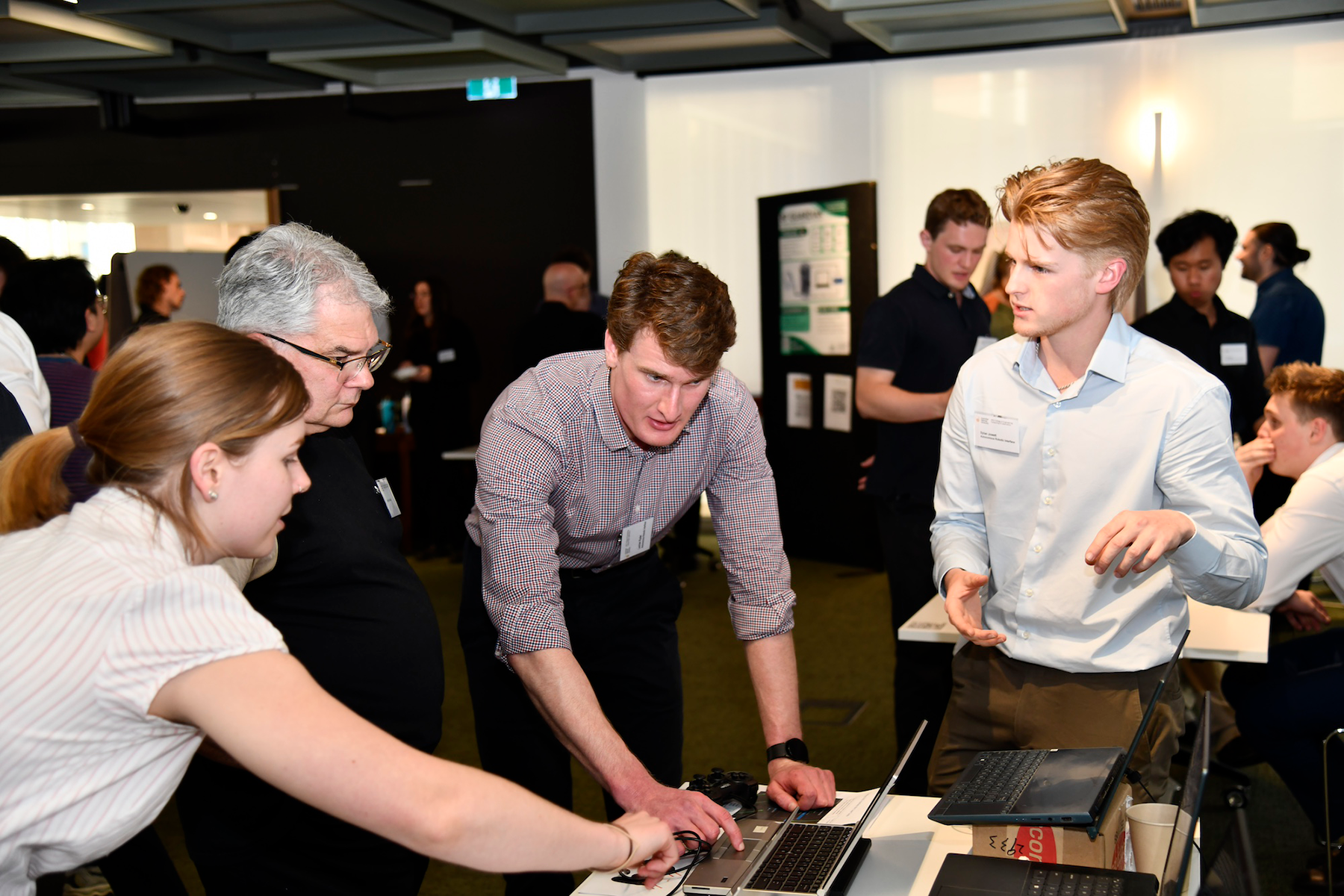
Engineering the best solution: standout innovations at ANU Capstone Showcase
20 Nov 2024
Our engineering students showcased inspiring ideas and transformative solutions from their 2024 Capstone projects.
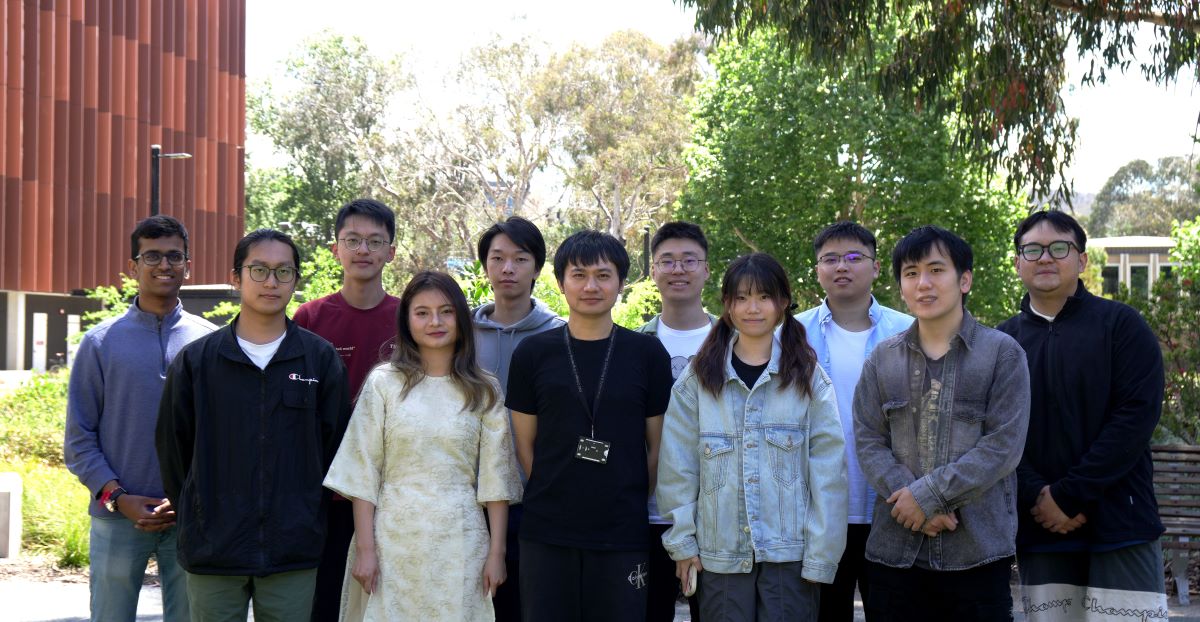
Driven by curiosity: ANU young innovators at TIME Lab
12 Nov 2024
Driven by curiosity and a passion for innovation, these young researchers are advancing the frontiers of video processing and machine learning at ANU.
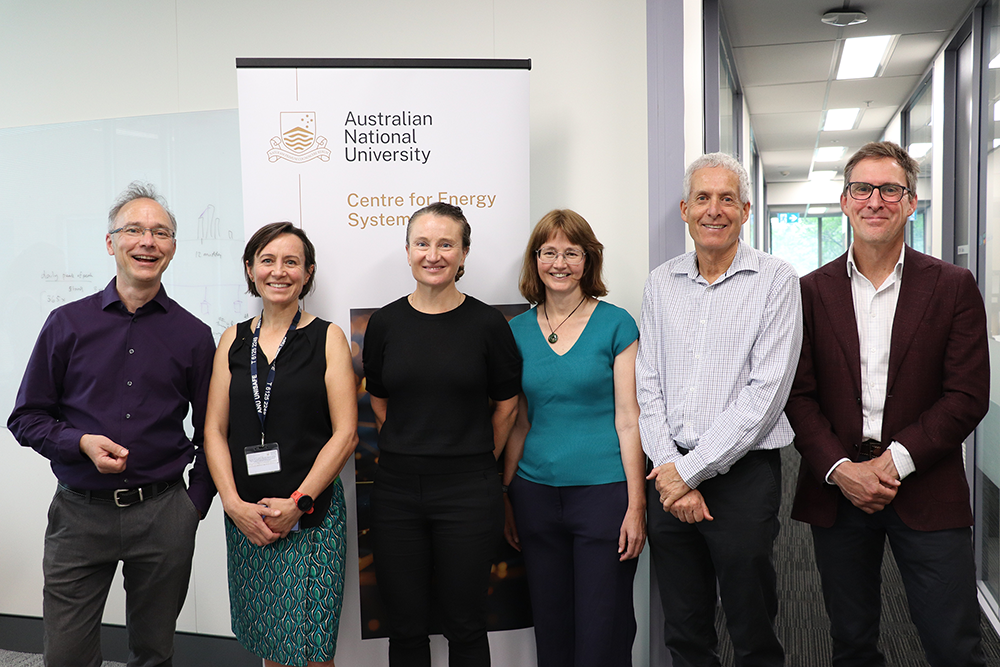
ANU establishes new Centre for Energy Systems
6 Nov 2024
A new Centre that brings together pioneering experts in clean energy research has been established at ANU.
Invisible Section
Latest Events

Computational modelling and detection of families of deeply conserved RNA structures in vertebrates
31 Oct 2024
We have previously developed the EvoFam computational pipeline [1,2] for detecting paralogous families of structured cis-regulatory regions transcriptome-wide in mammals, using mutational information across deep vertebrate alignments. Presented by Dr Brian Parker....
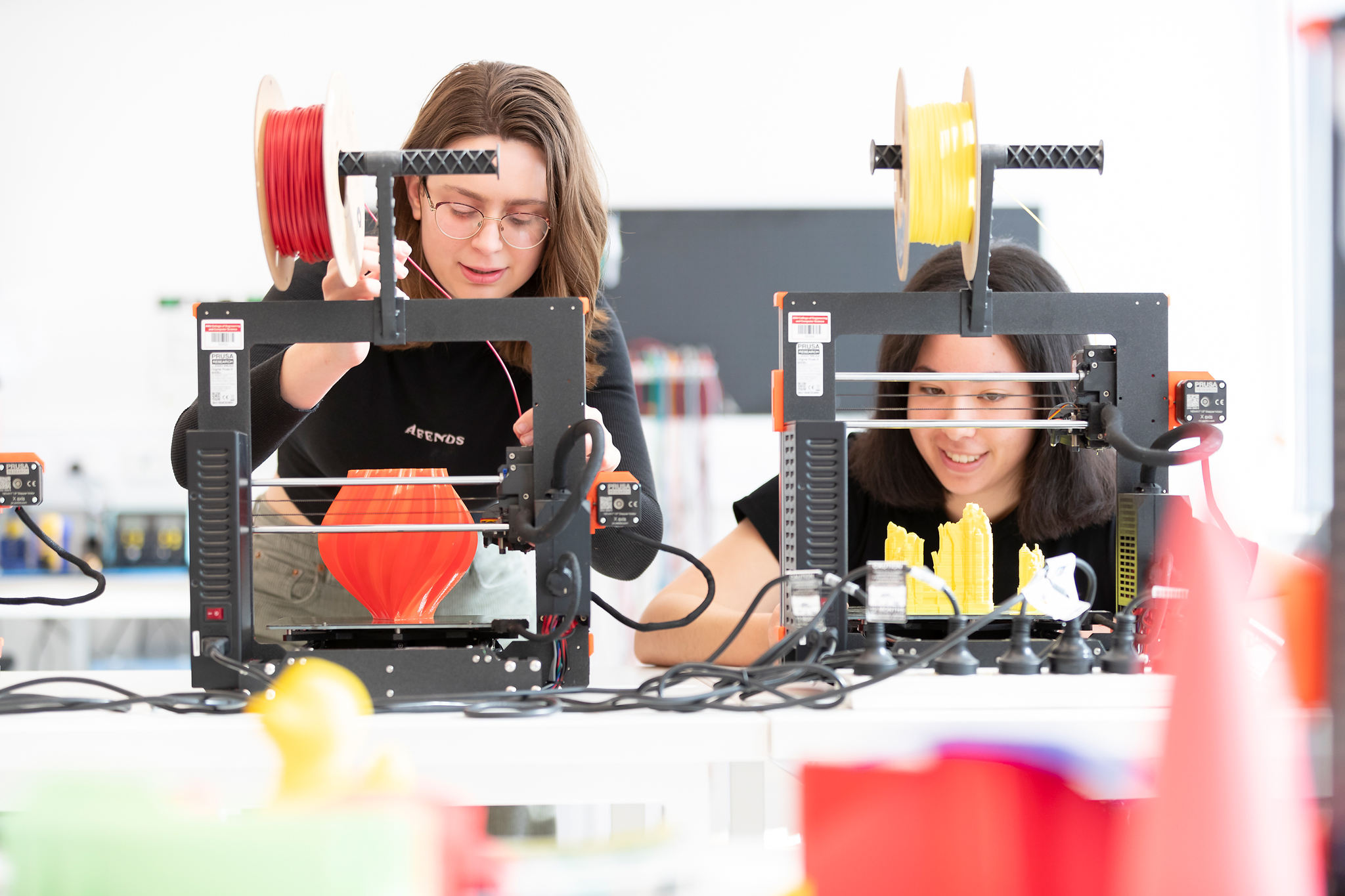
GET Set
4 Nov 2024
Are you ready to GET Set with a career in engineering or technology? Experience engineering and computing at ANU! We are pleased to host to our annual GET Set event for girls...
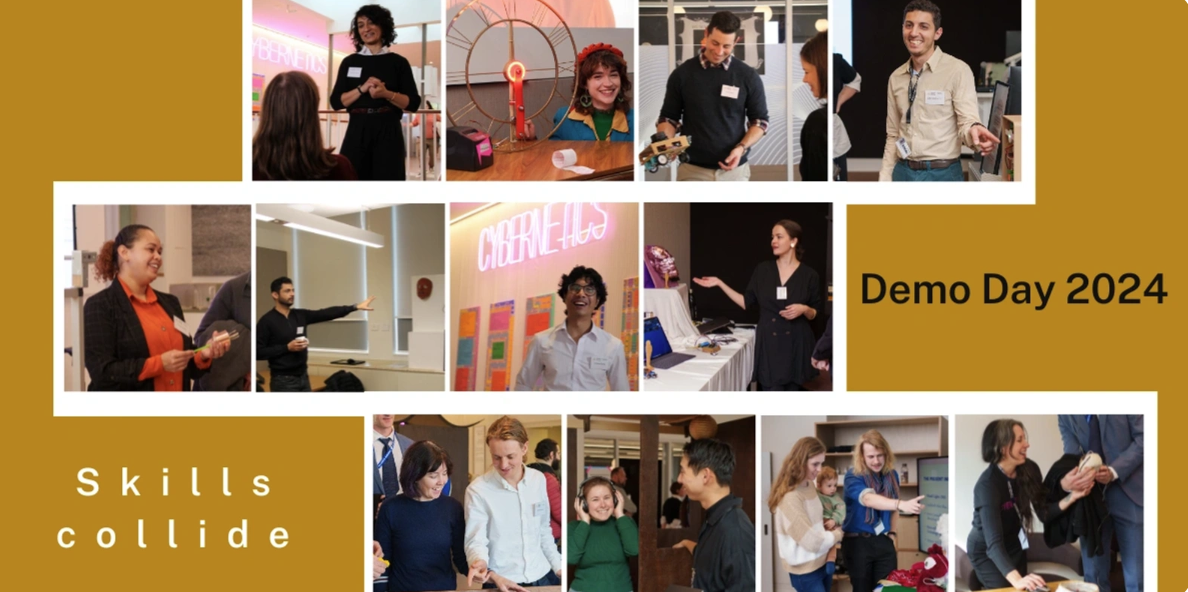
Master of Applied Cybernetics Student Demo Day
7 Nov 2024
Explore cyber-physical prototypes by our Master of Applied Cybernetics students.